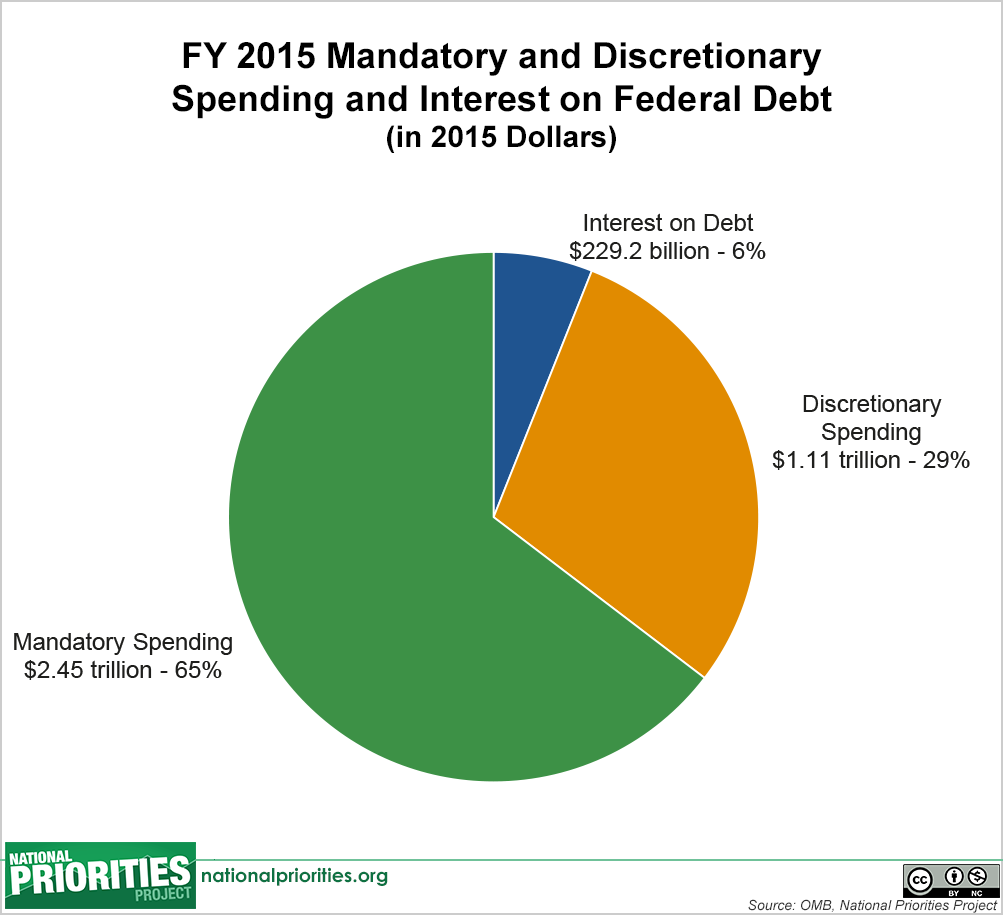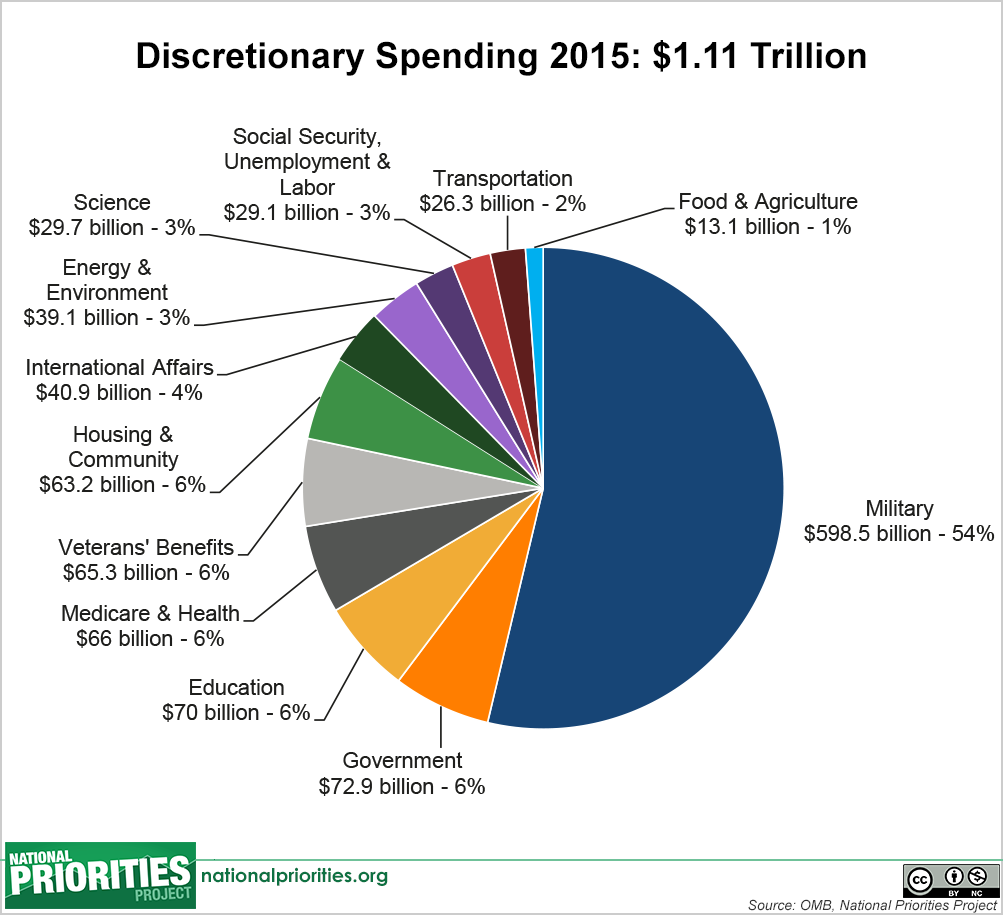I have sent this across to the editor. I assume there will be some hate mail/comments after it is published ;)
*****************************
My 87-year old father is concerned about the Trump administration’s radical immigration plans. “What’s happening to your country?” he asked me in a recent telephone conversation.
An engineer who has been retired for two decades now, my father’s interest in this is not because he wants to visit, or move, to the US, but because he understands the effect such policy discussions are already having in India.
For one, the companies in India that have grown tremendously over the past two decades, thanks to outsourcing, have already seen their share prices drop. Young engineers and programmers are worried that their paths to prosperity now look bumpy. But, my father is less worried about the outsourcing industry. He is delighted with the success that he sees all around him, and he is confident that the talent will quickly refocus on more productive activities.
However, from his years of observing America from afar, he wonders whether this new political environment will mean that college and high school students might find it more difficult to get their visas to come and study in the US. Not only is a university diploma from America a highly prized credential in India, not getting a visa also effectively precludes the possibility of transitioning to working here in the US after graduation.
My father started understanding America, especially through people he knew, when a close friend from his youthful years came to the US in the 1960s, and worked as a professor of chemistry at Washington State University until he retired. Another friend of his returned to India after earning his doctorate in chemistry. Sixty years of such personal interactions, in addition to news reports, guide my father’s concerns.
Interestingly, and oddly, enough, before he became the nominee of the Republican Party, Trump too spoke about the value of immigration. “When someone’s going to Harvard, Yale, Princeton, Penn, Stanford, all the greats, and they graduate, and not only graduate but do great, and we throw them out of the country and they can’t get back in, I think that’s terrible.”
One of those who “do great” is Sundar Pichai, who is Google’s CEO. Pichai’s roots are in the same part of India as mine—Tamil Nadu. Hence, friends and family back in India are always excited to talk about him—even though not one amongst us has any personal connections to Pichai!
We in the US have benefited from Pichai staying back here after his graduate degree in engineering from Stanford and an MBA from Trump’s alma mater—University of Pennsylvania. Pichai and many more, including me, were fortunate to have been allowed into this wonderful country where we have made ourselves at home. But, some were not. Like Kunal Bahl, for instance. Bahl, too, earned his academic credentials at the University of Pennsylvania. But, he was forced to return to India in 2007 after he was refused a work visa.
Bahl has done well in India—he launched Snapdeal, a competitor to Amazon, which is now valued at more than 7 billion dollars! In a hyper-competitive global economy, wouldn’t we in the US want Bahl working and living here in America, instead of competing from halfway around the world?
Not allowing people from countries mean that we are denying ourselves productive and wealthy contributions from the likes of Pichai and Bahl from those countries. That is essentially what the president’s executive order will mean. Through an executive order, Trump barred citizens of seven Muslim-majority countries from entering the US for at least three months.
Even now, the technology and health care industries, in particular, are heavily populated with highly qualified professionals from around the world, including from the seven countries that have been placed in a restricted list without any rationale. As the internet was quick to point out, had this ban been in place years ago, we would not have had a Steve Jobs and the iPhone—Jobs’s biological father was from Syria, which is one of the seven countries named in the banned list.
Rumors now abound that the administration is getting ready to tighten the legal work visas for people from other countries too. It is as if the list of seven countries was only a beginning, and the administration will add a seventy more. Which is why my father worries about developments that would make it harder for skilled and talented Indians too.
All these economic implications aside, there is the humanitarian challenge in refusing entry to refugees, who are the “huddled masses yearning to breathe free.” It will be a while before the constitutionality issues are settled. For now, the rashness with which the administration is approaching the political issue of immigration seems more along the lines of "cutting off the nose to spite the face."





